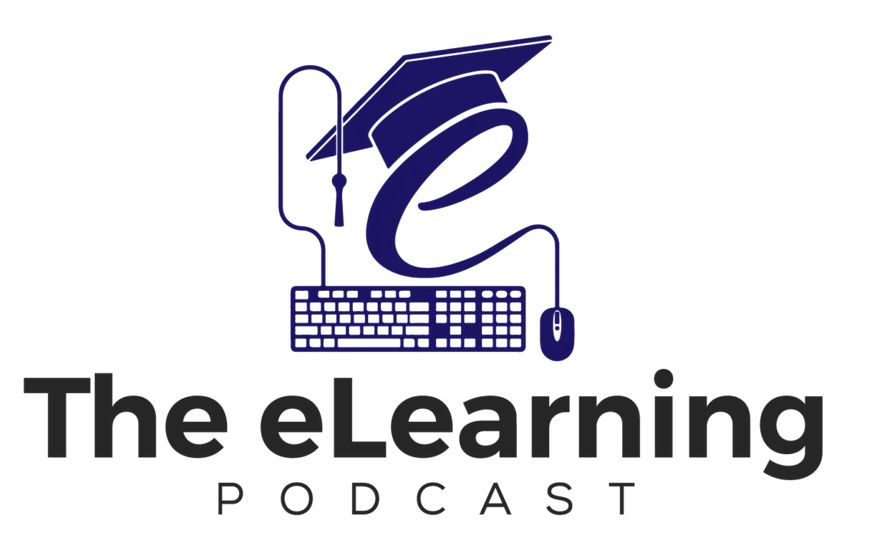
Skills to learn during the postdoc years
Just as I listed for PhD candidates new skills to acquire as compared to the master’s years, I have compiled a list of skills that are typically new during the postdoc years.
Without much further ado, here are 15 new skills one learns during the postdoc years (admittedly, it was harder to compile this list than for PhD candidates or for my upcoming post on assistant professors!):
- Grant Writing and Funding Acquisition: Postdocs often need to secure their own funding. This requires the ability to write compelling grant proposals and negotiate with funding bodies and stakeholders to secure financial support.
- Lab Management and Leadership: As a postdoc, you might be responsible for overseeing lab operations, mentoring junior researchers, and coordinating collaborative projects.
- Exploring Career Paths In and Outside of Academia: Developing a clear understanding of different career options and strategies for transitioning to various paths is crucial for long-term success.
- Navigating the Academic Job Market for Faculty Positions: For those planning to stay in academia, understanding the workings of the academic job market and effectively applying for faculty positions is crucial.
- Working on Tighter Deadlines: Postdocs are typically on shorter-term contracts (1-2 years) with tighter deadlines for deliverables, requiring efficient time management and quick turnarounds.
- Intellectual Property and Patents: Understanding the basics of intellectual property rights, patents, and licensing can be valuable, especially if your research has commercial potential.
- Teaching and Mentoring: Even if you’re not in a teaching-focused position, being able to effectively mentor and guide students is a valuable skill.
- Negotiation and Conflict Resolution: These skills are important for navigating collaborations, managing personnel, and addressing disputes that may arise in a research environment.
- Prioritization for Simultaneous Projects: Balancing work on articles from your PhD years alongside the new post-doc project, as well as preparing for job applications after the postdoc, requires careful prioritization.
- Adaptability and Resilience: The ability to adapt to new research directions, technologies, and environments, as well as the resilience to handle setbacks and challenges, is crucial in academia.
- Project Evaluation and Impact Assessment: Knowing how to measure the impact and significance of your research, both academically and in broader societal contexts, is increasingly important.
- Publications Strategy: Knowing how to strategically select journals and target audiences for your publications can enhance the visibility and impact of your research.
- Networking and Collaboration: Building professional relationships within and outside of your institution is essential for accessing resources, getting feedback, and establishing collaborations.
- Research Commercialization and Technology Transfer: Understanding how to translate research findings into practical applications or products and navigating the process of technology transfer can be valuable, especially for those with research outcomes with commercial potential.
- Science Policy and Advocacy: Familiarizing yourself with the policy-making process and effectively communicating scientific insights to policymakers can contribute to shaping science-related policies and initiatives at a broader level.
Did any of these skills surprise you? Which one do you think is most important for postdocs?
Share with your peers!



